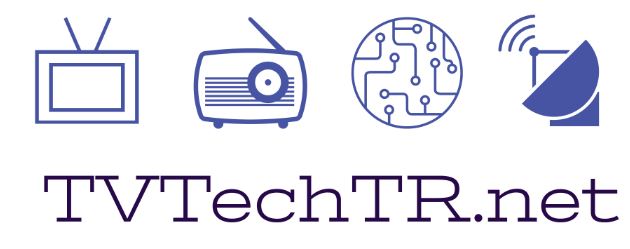I have been using LinkedIn frequently. I post some updates on DTT and digital radio transition in Turkey. I found out that there are not enough source of information on these subjects. So, although it is extra work for me, I try to post my comments on these in English also. Recently Mr. Esat ÇIPLAK, gave a speech on DTT transition in Turkey. He is one of the members of Supreme Council of Radio & Television in Turkey, namely RTÜK. There are nine members of RTÜK. Mr. ÇIPLAK claims that there is no need to build a new DTT network as there are very little percentage left watching analog terrestrial television. According to Mr. ÇIPLAK, even in Europe percentage of population watching television via DTT is decreasing. As you well know, Turkey has not yet build DTT. So, Mr. ÇIPLAK claims that the UHF band should be released to mobile operators. Mobile operators will use the frequency band more efficient. I posted a comment on these in my blog in Turkish. Thinking of my intern
